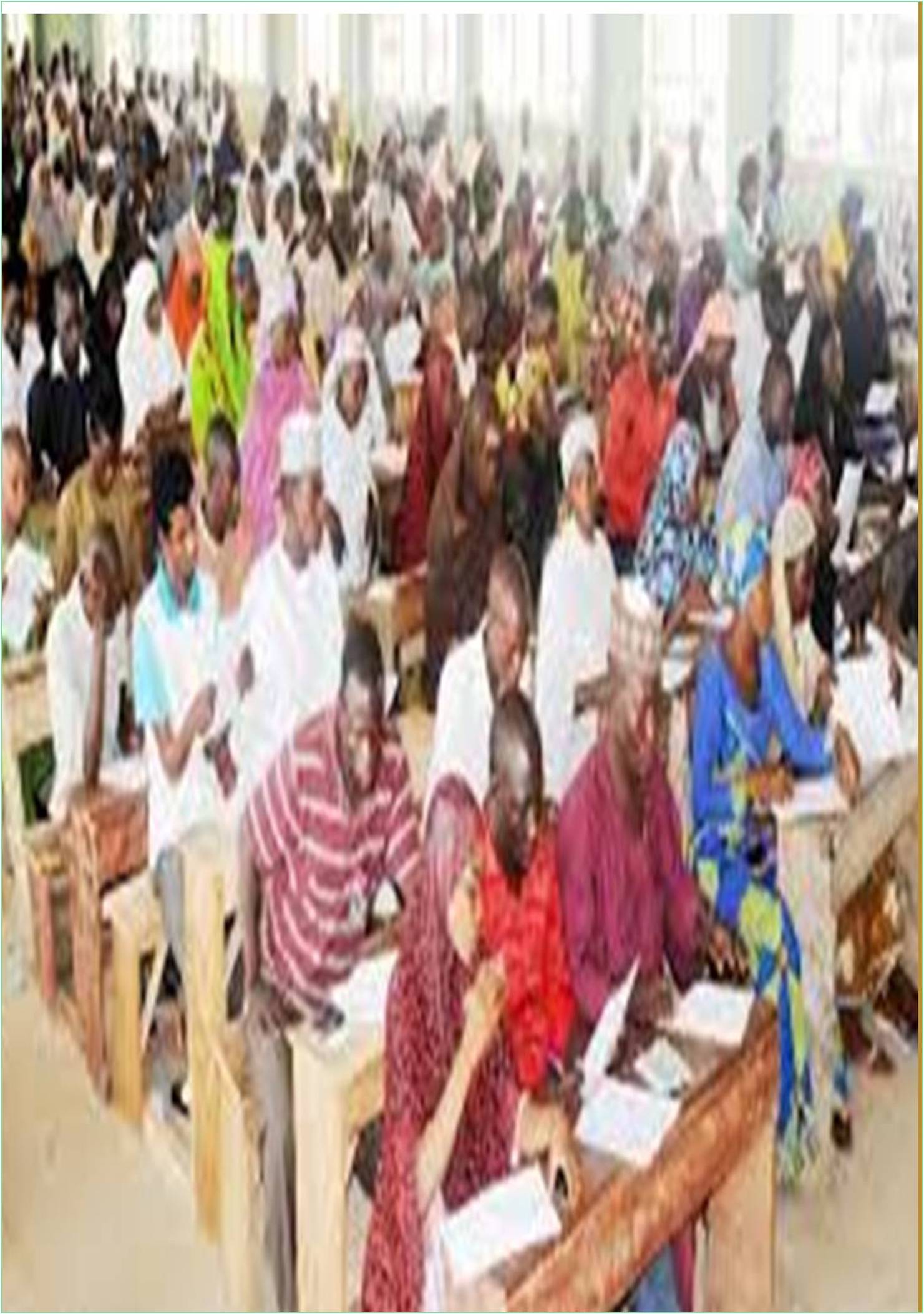



Received: 02-Dec-2021 Published: 23-Dec-2021
Illiteracy affects a person in every aspect of his life. A person who is illiterate cannot read and write, so he or she may not join the staff or may act as an unskilled worker, lacking the ability to make informed decisions that affect him or her and his or her community. In addition, children of illiterate parents do not receive the same education as children of educated parents. Even if they attend the same school, the children of illiterate parents do not have the kind of awareness that educated parents can give their children. Thus, a person who is illiterate, who cannot read and write, is unable to find a skilled job and is forced to take up a job without skills. This affects her income, quality of life and ultimately her ability to provide appropriate education for her children. This will also mean that her children will not be able to develop their skills and get a better job and end up out of poverty. An illiterate person cannot get proper health care, understand his basic rights and the same need.
Due to financial constraints, public schools are unable to invest in the provision of basic services to children. Lack of functional toilets, hand washing facilities, and drinking water are forcing children, especially girls, to drop out of school. On the other hand, private schools with tertiary institutions charge exorbitant fees, making it impossible for those from disadvantaged backgrounds to access services. Increasing government spending on public schools will make them more accessible. When a person learns to read, there is a direct development from personal dedication and the development of a sense of selfreliance to the development of better vocabulary and movement towards ideas and communication. These ideas can affect society through highly educated members, and help teach how individuals can become responsible parents, how to nutritional power of the human family, how to deal with nature, how to deal with modern technology, etc. Finally, this empowers the whole community. Home and family can have a profound effect on the development of literacy in young children. By encouraging collaboration with parents, the school can help them intensify their efforts by preparing textbooks and encouraging them to use them. In cases where parents themselves are illiterate, arrangements may be made for parents and children to study together.
The causes of illiteracy are many and varied. The fact that it is often associated with poverty indicates that some of the causes may be inadequate schooling, inadequate teacher training, and the economic situation of families that makes their children’s education a priority. There are other causes, such as disability, that remain undiagnosed and neglected. There are social and cultural values and values (eg gender) that make a group of children more literate than others. There are many children, including orphans and street children, who do not have the opportunity to go to school at all.
None.
The author has no area of interest.